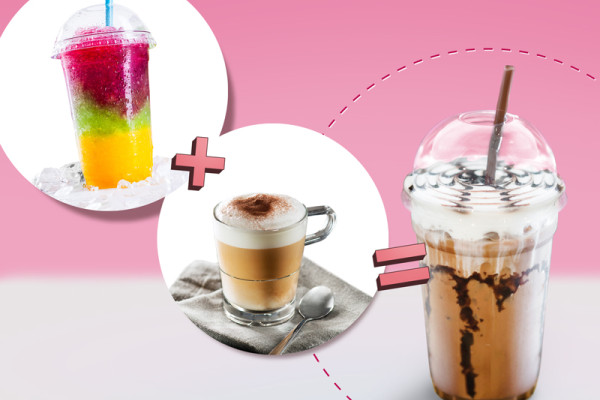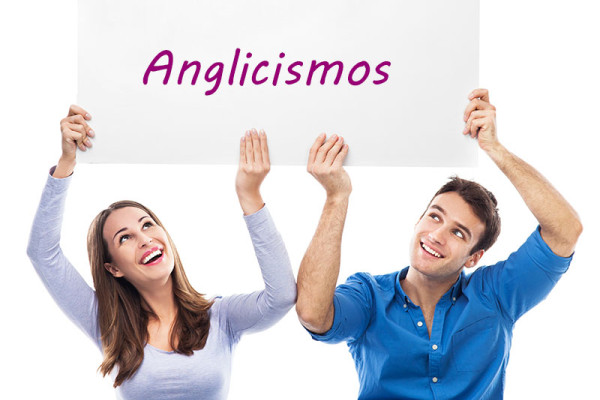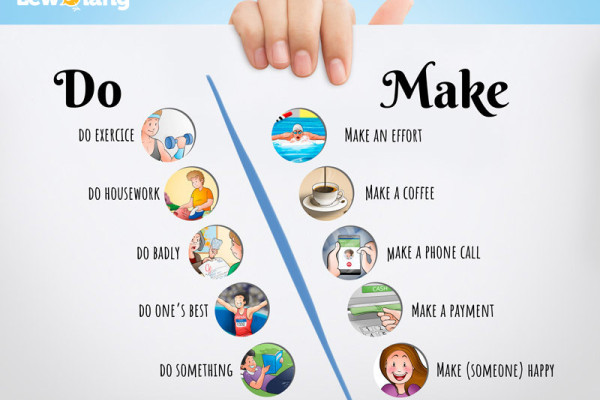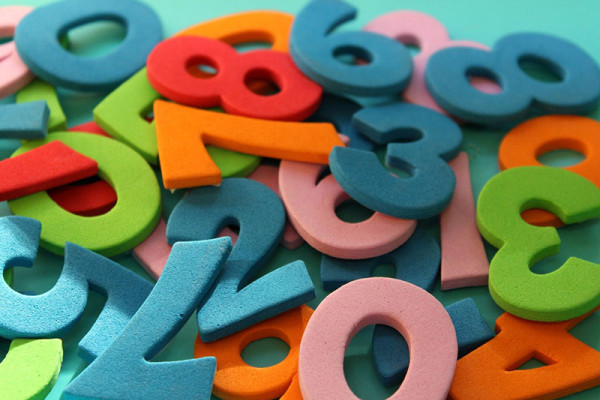Compound words vs Portmanteaus
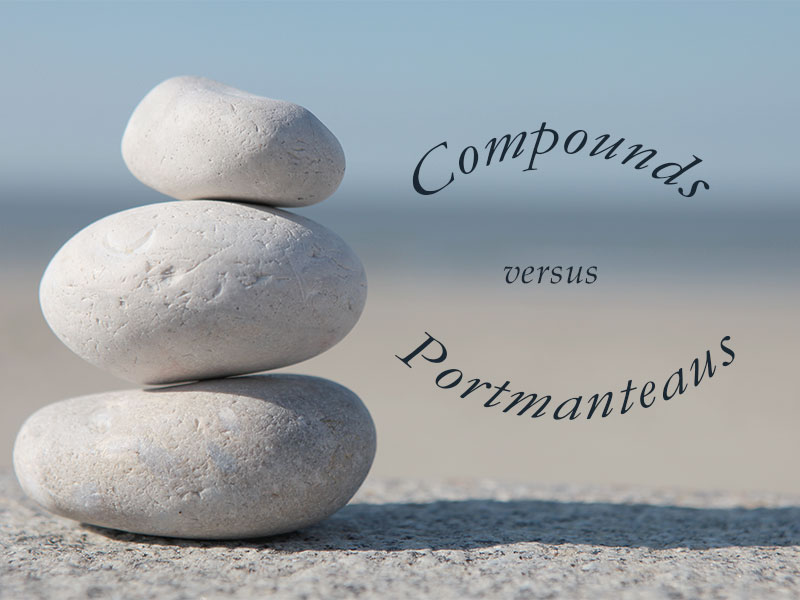
In a portmanteau, two words are fused together but at least one of them is shortened in some way, like “brunch” (breakfast + lunch). In a compound word, on the contrary, both words are written exactly the same as when used separately. For example, “homework” is a compound word (“home” + “work”), and refers to the work a student does at home and not at school. However, it can be observed that neither "home" nor "work" are shortened or abbreviated in any way. If this word were a portmanteau, it would probably be something like “homork”.
As you may have seen earlier, the fun part of portmanteaus is guessing the two original words that are combined, but in the case of compound words, this process is very straightforward. Even so, especially foreign speakers rarely stop to think of how these compound words came to be.
Have you ever noticed that the word “rainbow” for example, is formed by two different words: “rain” and “bow”? Therefore, a rainbow would be "the bow that appears after the rain", logically, the rainbow. Or that a "waterfall" is literally a place where the water falls? Or that an earring is a ring that we put on our ear?
There are many cases in English where, starting with a particular word, many other compound words are created. For example, from tooth it has been created: toothpaste, toothbrush, toothache. Or, for example, from eye it has been created: eyelid, eyewitness, eyeshadow. Sunshine, sunrise, sunset, sunburn and sunglasses are also compound words in English.
Let's look at some more examples to see that these words really make sense in English if we stop to think about it:
- Teaspoon = the spoon we use for tea.
- Bedroom = the room where the bed is.
- Newspaper = the paper on which news is written.
- Blackboard = the board that is black.
- Lipstick = the stick we use for our lips.
- Firefly = the fly that seems to be lit by fire.
- Firefighter = the one who fights the fire.
- Starfish = The star that lives in the sea like the fish.
- Horseshoe= the shoe that the horse wears.
- Policeman/Policewoman = the man/woman who works in the Police.
Unlike other languages, in English new words are formed this way all the time and are used so much that they become essential words in our vocabulary. Even other languages borrow them. Let's look at these examples of English compound words that are used exactly the same in Spanish:
- Honeymoon = honey + moon.
- Skyscraper = sky + scraper.
- Brainwash = brain + wash.
- Brainstorm = brain + storm.
- Heartbreaker = heart + breaker.
- Sandstorm= sand + storm.
Isn’t English awesome? We’d say it definitely is, and if you agree with us and you’d like to read more articles in the future, you should definitely subscribe to our blog.
Artículos relacionados
Comment

